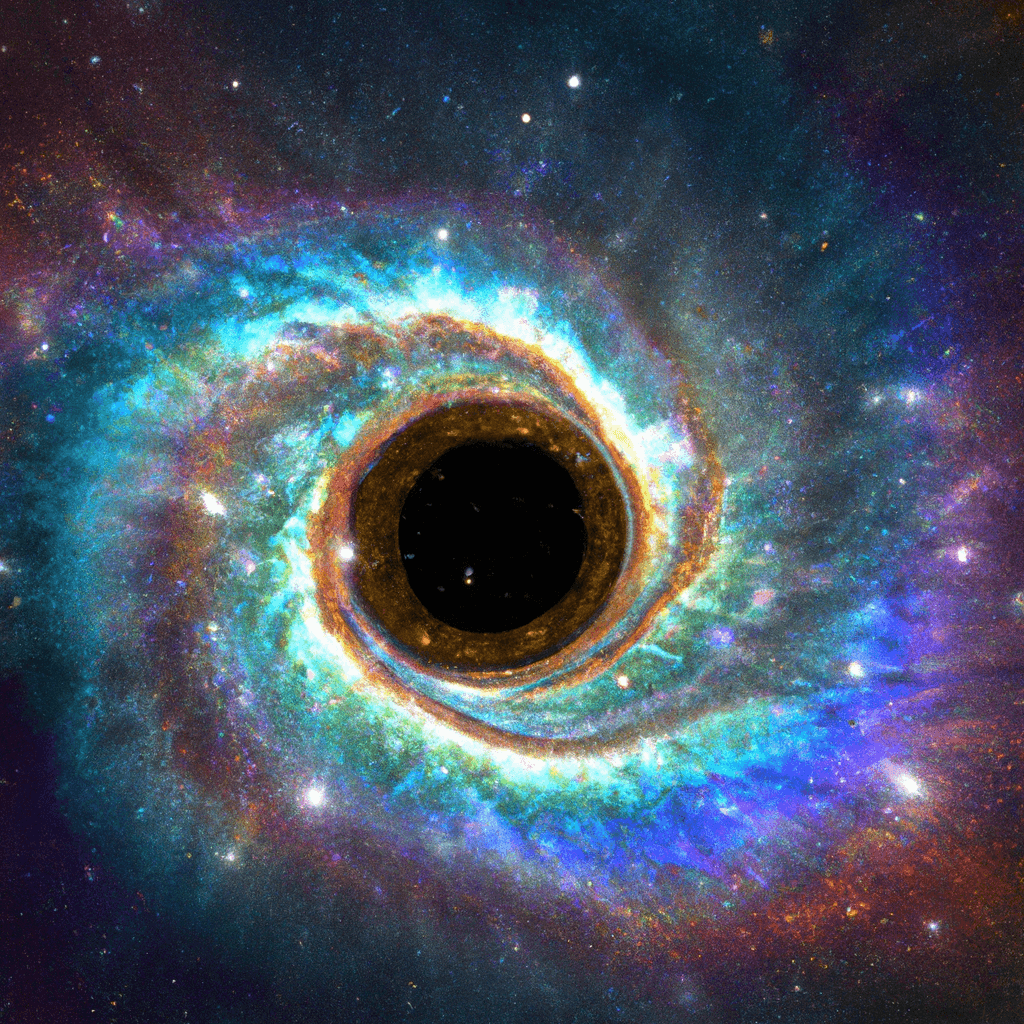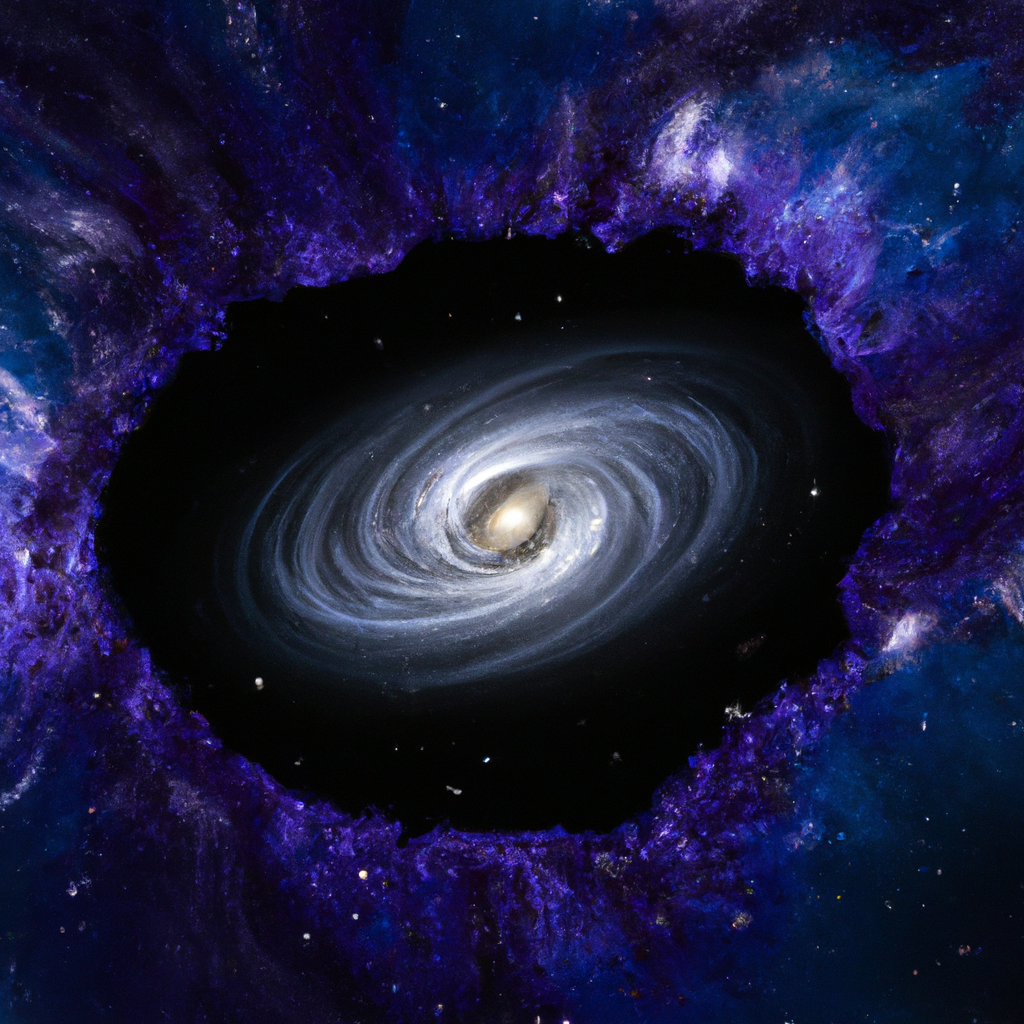Dark matter and dark energy constitute the majority of the universe's mass and energy, yet their nature remains a mystery. This research project aims to deepen our understanding of dark matter and dark energy and shed light on their fundamental properties.
The project will begin by reviewing the current state-of-the-art in dark matter and dark energy research and identifying the major unanswered questions in the field. We will then develop new theoretical models and numerical simulations to investigate the properties and behavior of dark matter and dark energy. The project will also analyze observational data from telescopes and particle detectors to test these models and simulations.
The milestones of this project include developing new theoretical models and numerical simulations of dark matter and dark energy, analyzing observational data to validate these models, and investigating the implications of the findings for our understanding of the universe.
The potential applications of this research are broad and significant. Understanding the properties and behavior of dark matter and dark energy could lead to new insights into the formation and evolution of the universe, the nature of gravity, and the origin of cosmic structures. It could also have practical applications, such as improving our ability to detect dark matter and dark energy and developing new technologies for space exploration. Furthermore, the project could contribute to the development of new experimental techniques and instrumentation for studying the cosmos, expanding our knowledge of the universe and our place in it.






